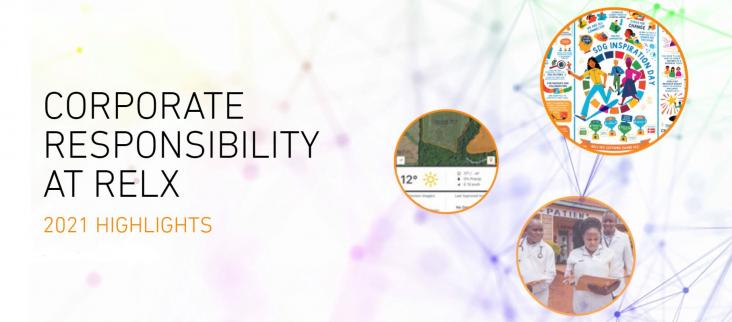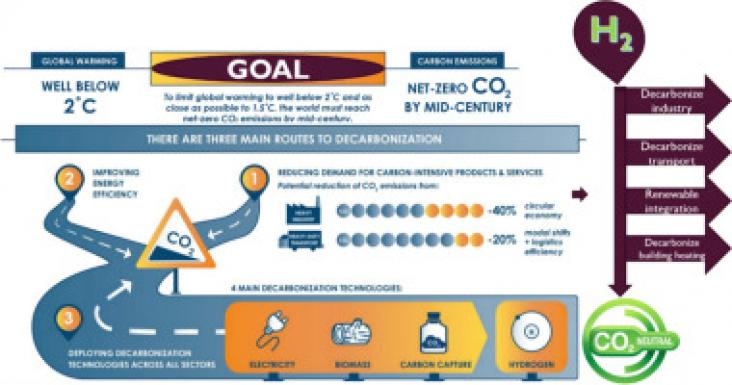This study aims to increase the understanding of why some people may report a high degree of worry about climate change, while others (living in the same country) do not.
This article discusses how adaptation strategies affect risk in the case of compound extreme weather events
An investigation into a new integrated model for pricing and financing a sustainable supply chain that can reduce manufacturing costs and thus encourage better participation by producers in green projects.
In this paper the authors discuss the geothermal potential of sedimentary basins, and their role in achieving the decarbonisation of the energy sector

In 2021, RELX continued to build on our strong corporate responsibility (CR) performance during the year, further improving on our key internal metrics and extending the scope of our unique contributions. This article is linked to SDGs 1,3,10,11,12,13 and 16, in line with RELX's areas of expertise.
This article supports SDG 15 through its review of ecologically-based farming systems.
Ticks: Biology, Ecology, and Diseases, 2023, Pages 193-215
This chapter advances the UN SDG Goal 3: Good Health by covering the range of approaches to the control of tick and tick-borne diseases.
The article is related to SDG 13 and investigates the use of carbon neutral sources, such as biowaste, in the conversion to biooil. Catalytic liquefaction of various organic waste (mandarin peel, coffee grounds and cocoa shell) to synthesize an oil which can be used as a sustainable fuel is described.

A rapid switch from non-renewable carbon-based sources of energy to clean and low-carbon sources of energy is required to accomplish ambitious carbon neutrality goals. The prospects of hydrogen in achieving net-zero emissions by 2050 are promising, but the article describes the challenges and uncertainties that need to be addressed.
This paper is about how cultural values predict levels of climate complacency, or a relative lack of concern about climate change across different nations.
